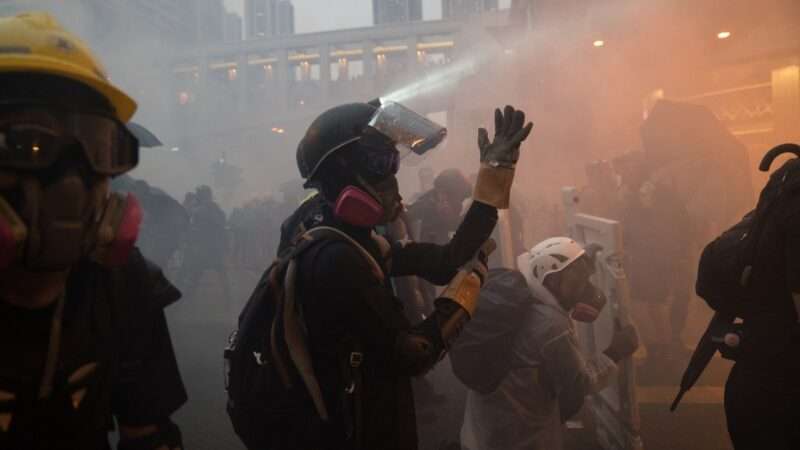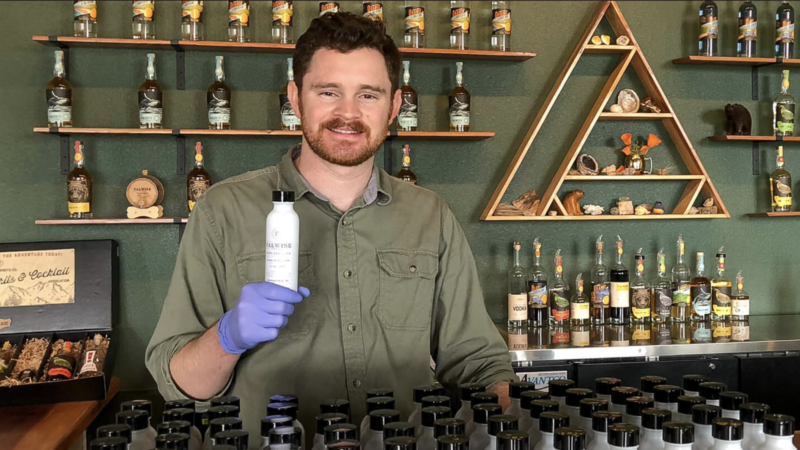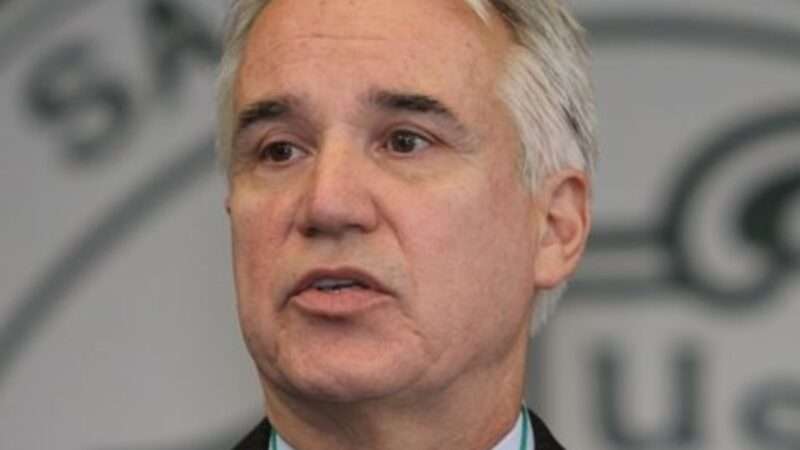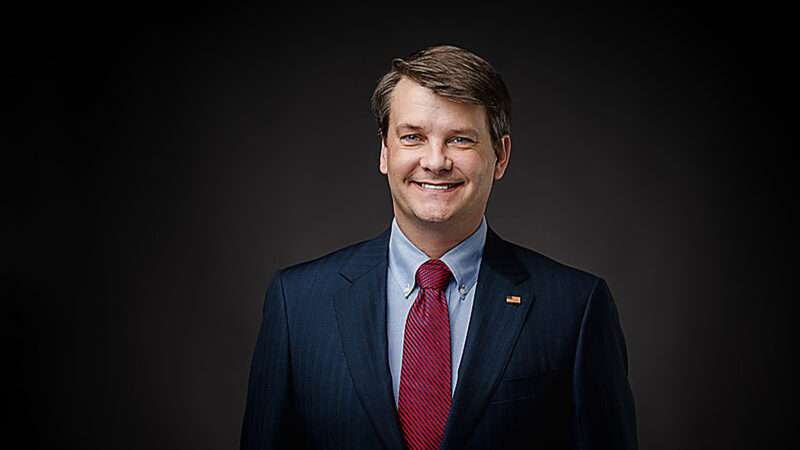I don’t remember what grade I was in—maybe late 10th or early 11th?—but I can recall with photorealistic clarity the time my Dad came into my bedroom (a rare enough occurrence) to listen to me bitch and moan about having persistent enough acne that I was desperate to try a frightfully powerful skin-sucking drug called Accutane.
“Well,” he said, shaking his head with a sympathetic but judgmental wince. “You really gotta lay off those chocolates.”
Research into the folkloric zit/candy connection was as inconclusive in the mid-1980s as it is in 2020. But the most relevant contemporaneous detail was that I didn’t freaking eat chocolates, aside from the odd In-N-Out milkshake. Bad enough that a parent doesn’t know his kid’s preferences; considerably worse to affix blame for an all-too-common teenage malady on the presumedly subpar behaviors by said pizza-face.
I can’t stop thinking about that scene (and the slow-burning resentment it provoked), when observing the way that so many people continue to respond to positive cases of COVID-19.
“Letlow’s death is tragic,” Vox journalist Aaron Rupar tweeted late Tuesday, in response to the news that Rep.-elect Luke Letlow (R–La.) had perished at age 41 after contracting COVID-19. “It was also avoidable. It shouldn’t take tragedies for policymakers to treat the coronavirus pandemic with the seriousness it deserves.”
The evidence Rupar provided for Letlow’s alleged unseriousness was his October comment that “while we’ve been cautious and I think both the state and federal level have taken numerous precautions for COVID-19, we’re now at a place if we do not open our economy we’re in real danger.” Follow-up sleuthing produced pictures of the politician interacting with human beings without wearing a mask. Look, sometimes the skirt is too short, mmkay?
As National Review‘s Kyle Smith pointed out, “In no other health circumstance would such brutality toward the afflicted be tolerated. We do not deem individuals who become sick by engaging in known ‘risky behaviors’—unsafe sex, abuse of alcohol, drug use, poor diet, smoking, dangerous driving—as deserving of pain and misery….[M]ocking and haranguing those who become sick or die due to COVID-19, a novel virus from which we cannot possibly shield ourselves entirely, is unconscionable.”
There is an all-too-familiar gracelessness in politicized conversations about the coronavirus. It’s not enough to merely disagree with Florida Gov. Ron DeSantis’ approach to COVID; you have to accuse him of “putting politics in front of lives.” (For an eye-opening comparison between the disparate media treatment of DeSantis and New York Gov. Andrew Cuomo, check out this Twitter thread.) In the other direction, some anti-lockdown politicians and commentators routinely accuse Democratic mayors and governors of consciously preferencing “power and control” over public safety.
As with far too many public policy disputes (over climate change, criminal justice, health care, etc.), it is not enough to merely observe that the opposing team has different ideas about how best to address a problem. No, the bad guys are either intentionally trying to make things worse or just too blinkered to admit there’s a problem in the first place. The more partisan you are, the more likely you feel surrounded by murderers and denialists.
Rutgers professors Jacob Hale Russell and Dennis Patterson argue in a recent essay for the medical-science website Stat that there is, in fact, “no epidemic of pandemic denial”:
Americans overwhelmingly aren’t in denial: They believe the threat of Covid-19 is real, they are reasonably good at identifying medical misinformation, and they are largely complying with public health recommendations. Compared to their peers in Europe, Americans are more willing to get vaccinated against Covid-19, similarly likely to wear masks, and no more prone to believe common conspiracy theories about the pandemic’s origins.
The U.S.’s response to Covid-19 has been bungled in many respects, but widespread public denial doesn’t explain why.
Insisting on such mass delusion, Russell and Patterson maintain, comes at a cost: “It’s corrosive for at least three reasons. First, it needlessly alienates the interested public with false accusations. Second, by conflating reasonable dissent with unreasonable misinformation, it stifles debate, even about issues that genuinely warrant discussion. Third, the myth of denial deflects blame from the policy failures of politicians, who use it to claim they’ve done all they could, leaving only the denialists (and cheesecake eaters) to blame.”
The impulse to turn COVID policy into a political morality play, observable on a daily basis in allegedly straight news outlets, has the perverse effect of focusing attention on government choices that are comparatively trivial in impact. Putting a villainous face on either a lockdown or a reopening apparently provides more of an adrenaline jolt than the boring yet absolutely vital stuff of de-clogging bureaucratic backlogs at the Food and Drug Administration.
Paradoxically, those most likely to wield blame against individuals and regions suffering from coronavirus tend to be far more sure in their judgments—and reliant on the mantra follow the science—than the people who spend their days actually compiling the messy data about this deadly virus. The anonymous author of the Marginally Compelling newsletter, which painstakingly assembles COVID research by region, had an interesting Twitter thread Thursday in response to the aforementioned DeSantis/Cuomo comparison.
“I’m fascinated with how wedded the press continues to be to the idea that COVID numbers MUST be driven by policy decisions,” he wrote. “They constantly say that numbers are rising in red states DUE TO those states not taking it seriously[.] Let me be as frank as I can here: There is no solid evidence that state policy choices protect a region from a COVID surge[.] None[.] To the degree that they can be controlled (which is not very high, but does seem to exist) the most impactful variable seems to be social patterns.” And those “are not controllable by the government.”
He continued: “Yet the press continues to *demand* that COVID numbers are a direct result of state policy…but only when it fits the insanely crude rubric of ‘red is bad, blue is good’. They are proffering an absolute fiction as if it was obviously true. And the insane thing (to me) is their confidence in this. They clearly believe this to be true when it is *obviously* untrue to anyone who has tried to weigh this idea against the data. They *clearly* have no idea what they are talking about but the speak as if they are experts.”
Another, more influential COVID data-gatherer, economist Emily Oster, warned this week that the coronavirus blame game might tangibly suppress the prevalence of testing:
Whether we recognize it or not, there is a lot of shaming people for getting COVID, and a lot of shaming of any location known to be a place where COVID was spread. The goal of this type of shaming seems to be to encourage better behavior—do well, and you wont get COVID and be shamed.
There is an element of truth here. Clearly, there are more and less safe ways to behave and more and less safe ways to run your business/school/long term care facility/etc. But there is also a huge element of chance.
COVID is a contagious disease. You can get it even if you do everything “right”. And you might not get it even if you do things which are really unsafe. It’s possible for a restaurant to take all the right precautions to lower the COVID risk and still have a transmission occur; similarly, they can do nothing and avoid it.
There is a fine line between discouraging risky behavior and shaming people who get COVID-19. And when we cross the line to shaming, it’s not likely to be productive.
For one thing, shaming people is not usually an effective way to get them to do things. For another, in this case shaming discourages testing. Imagine you come upon a pop-up testing site in the mall while shopping for pants. No line! Public health is served by your testing. In the unlikely event you do have COVID, we want to know. You can isolate at home and take the virus out of circulation, possibly avoiding passing it to the cashier at Old Navy.
We want people to test. But if they know they’ll be shamed if they do have it, they’re going to be a lot less likely to do so.
Look, I get it: 2020 has sucked. Emotions are raw. Morgues are full. I am infuriated on a daily basis by the policy choices made by politicians around me. It’s OK to be mad, and sad.
But it’s also OK—more than just OK, human, necessary—to extend condition-free sympathy and kindness to those who get sick. To admit, even happily, that there are limits to our knowledge, that we will likely be wrong, that pandemic policymaking is devilishly hard.
“While one may glean fleeting satisfaction by blaming others for the pain and uncertainty we’re all experiencing, the scars from the scolds will persist long after the pandemic is blessedly behind us,” Kyle Smith wrote. “Instead, we should all try to be kinder and more gracious toward each other. Most people are doing the absolute best they can, often making incredibly tough decisions amid extraordinarily difficult circumstances. Nearly everyone knows the coronavirus is a threat they must take seriously. No one wants people to get sick and die, and it’s time to stop acting as if they do.”
Or as Oster said more pithily, “So for 2021, a resolution, a hope: More tests. Less shame. Less COVID.”
from Latest – Reason.com https://ift.tt/2KUh4c6
via IFTTT



